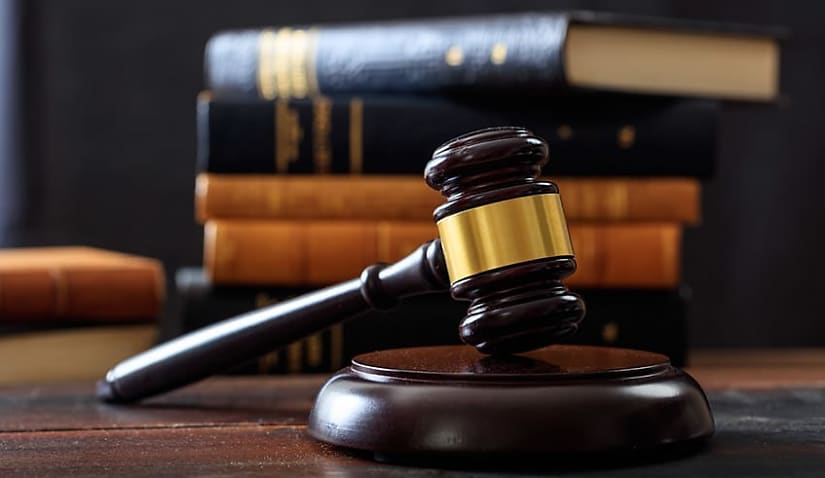A Canberra director claimed he suffered damages because of an alleged conspiracy between a boutique firm and administrators.

Colin Elvin, the director of a company that entered into voluntary administration, accused Stipe Vuleta, a solicitor with Chamberlains Law Firm, of “unconscionable” conduct over an alleged conspiracy with the administrators to “generate work for themselves”.
In addition to unconscionable conduct and conspiracy, Elvin has alleged a breach of statutory duty and professional negligence.
Prior to the trial, Elvin approached the NSW Supreme Court with a challenge of legal professional privilege (LPP) over 95 documents.
Although the court upheld the LPP claim, it made a direction permitting the administrators to consider whether they “maintained their objection to the discovery of documents” held by Vuleta.
This is because the administrators consented to present documents and waived LPP, only for the solicitor to maintain his own claim on the documents in his file on behalf of the administrators.
Justice Verity McWilliam said that in handing the material to the administrators, “it may be that when someone actually turns their mind to the specific documents … the objection is not maintained”.
The court also found that regardless of Elvin’s submissions about state of mind, this was “insufficient to bring about loss of privilege, and there was no suggestion of any fraud or abuse of power”.
Elvin also made an application seeking further particulars, but the court held that the defence filed by the administrators “was not defective because it complied with the relevant rules”.
“There is nothing in the pleading or the evidence that was led on the application to give rise to any inconsistency with the preservation of confidentiality at this stage,” Justice McWilliam said.
“However, the whole of the circumstances of the case are not yet before the court. The position may change depending on the evidence that is led from the administrators at trial, and the present ruling should not be taken to preclude revisiting argument on the point if it becomes necessary to do so.”
